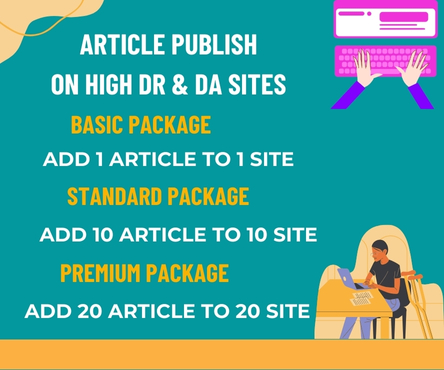The property tax process can be confusing and frustrating, especially if you’re new to it or even if you’re not new to it but you’re still unsure of the ins and outs of it all. We’re here to help! This guide will walk you through the entire property tax process, from valuation to collection, so that you’ll know exactly what’s happening with your taxes and how it impacts your home.
Determine the value of your home
The first step in the property tax process is determining the value of your home. This can be done by hiring an appraiser, looking up recent sales of similar homes in your area, or using an online tool like Zillow’s Zestimate.
Determine the tax rate in your area
The first step in the property tax process is determining the tax rate in your area. This is important because the tax rate will determine how much you owe in taxes. The tax rate is usually a percentage of the value of your property, and it varies from one area to another. You can find out the tax rate in your area by contacting your local government or by looking online. Once you know the tax rate, you can calculate how much you owe in taxes.
Work with an agent to determine how much your taxes will cost
Determining how much your taxes will cost is an important step in the property tax process. You’ll need to work with an agent to determine the amount of taxes you’ll owe. The agent will take into account the value of your property, as well as any exemptions you may qualify for. They’ll also consider the size and location of your property. Once they have all of this information, they’ll be able to give you an estimate of your taxes.
Get ready for budget season
It’s almost time for budget season again, and that means it’s time to start thinking about your property taxes. If you’re a new homeowner or just need a refresher, the entire process can be confusing. But don’t worry, we’re here to help! Here’s a quick rundown of what you can expect:
- You will receive a notice in the mail from your local assessor’s office informing you of your estimated property value as of January 1st of that year.
- You will have the opportunity to review and protest this value if you feel it is inaccurate.
- Once the protest period is over, your local taxing authority will adopt a budget for the upcoming fiscal year.
Start thinking about your property taxes
The property tax process is to assess your property’s value. This is usually done by your local government’s assessment office, and they will take into account things like the size of your property, any improvements you’ve made, and the current market value of similar properties in the area. Once your property has been assessed, you will be sent a bill for your taxes. This bill will include the amount of taxes you owe as well as any applicable discounts or exemptions. You will then have a certain amount of time to pay your taxes. If you don’t pay them on time, you may be subject to interest and penalties. Finally, once you’ve paid your taxes, you will receive a receipt which you should keep for your records.

